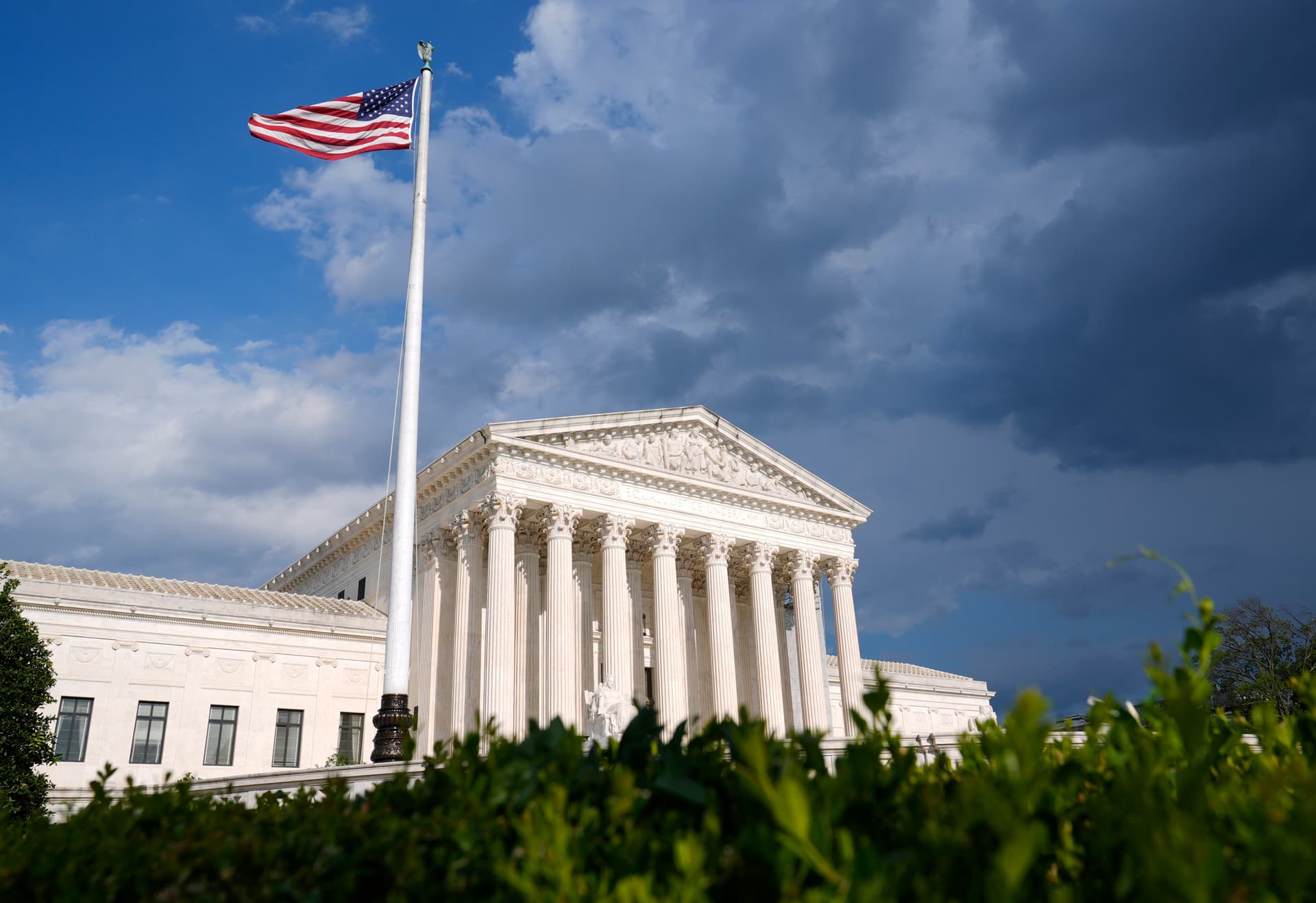
The United Nations — Lake Failure
By THE NEW YORK SUN
|After a ‘scorched earth’ speech on the floor of the House, the Palmetto State congresswoman faces a claim for defamation.

Already have a subscription? Sign in to continue reading
$0.01/day for 60 days
Cancel anytime
By continuing you agree to our Privacy Policy and Terms of Service.

By THE NEW YORK SUN
|
By CONRAD BLACK
|
By JOTAM CONFINO
|
By SHARON KEHNEMUI
|
By GEORGE WILL
|
By MATTHEW RICE
|
By GARY GASTELU
|
By MATTHEW RICE
|